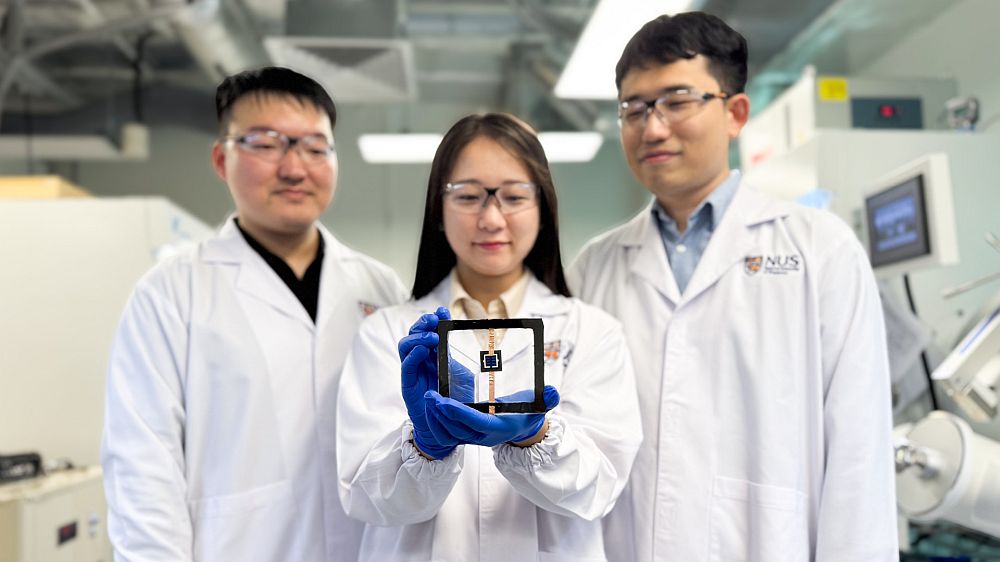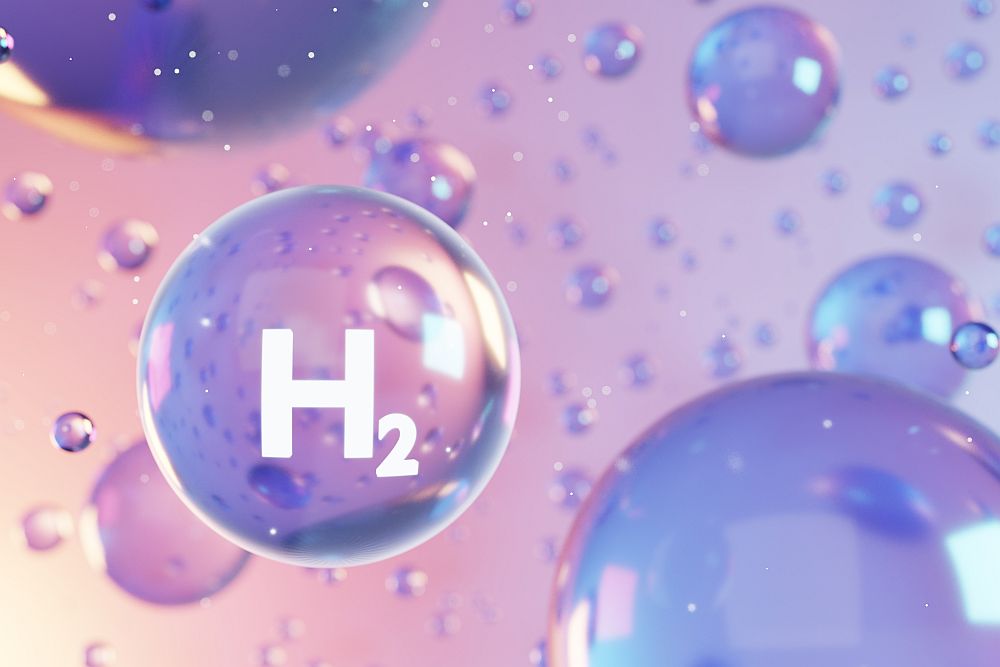
[Image above] Sequoyah Nuclear Power Plant in Tennessee. Credit: Photorush, Wikimedia (CC BY-SA 3.0)
Among the energy technologies being considered as possibilities to ease the transition away from fossil fuels, nuclear power remains one of—if not the most—contentious.
Arguments for and against this form of energy are numerous (see the videos below), but the fact remains that it holds an important role in U.S. energy infrastructure today—nuclear power contributes nearly 20% of the electricity generated in this country.

Credit: Kurzgesagt – In a Nutshell, YouTube

Credit: Kurzgesagt – In a Nutshell, YouTube
As debate over the future of nuclear power continues, the U.S. Department of Energy is moving ahead on the premise that nuclear will continue to play a major role, as evidenced by a new funding announcement published earlier this month.
On March 10, 2022, the U.S. Department of Energy announced $36 million for 11 projects seeking to increase deployment and use of nuclear power and limit the amount of waste produced from advanced nuclear reactors.
“Developing novel approaches to safely manage nuclear waste will enable us to power even more homes and businesses in America with carbon-free nuclear energy,” U.S. Secretary of Energy Jennifer M. Granholm says in the press release.
The Advanced Research Projects Agency–Energy (ARPA–E) is funding the projects through the Optimizing Nuclear Waste and Advanced Reactor Disposal Systems (ONWARDS) program. This program, which was unveiled last year, is ARPA–E’s first focused program to identify and facilitate technologies for advanced research on used nuclear fuel recycling, waste forms, disposal pathways, and associated advanced safeguard technologies.
Among the 11 projects, two stand out for their focus on ceramic-based solutions.
Rutgers University (New Brunswick, NJ): Pioneering a cermet waste form for disposal of waste streams from advanced reactors
The Rutgers-led project, which includes ACerS Fellow and Alfred University professor S.K. Sundaram, will deliver a simple, scalable route for turning used nuclear fuel into a high-density, durable cermet waste form (a heat-resistant ceramic and metallic composite).
Award amount: $4,000,007
Citrine Informatics (Redwood City, CA): Novel phosphate waste forms to enable efficient dehalogenation and immobilization of salt waste
Materials informatics platform Citrine Informatics will use artificial intelligence and physics-based simulation methods to develop novel phosphate waste forms (including glasses, ceramics, and their composites) to enable dehalogenation (removal of halides) and more secure immobilization of salt waste from molten salt reactors.
Award amount: $3,103,770
The other nine projects include
- Brigham Young University (Provo, UT) seeks to reduce the risks and uncertainty of the two-step chloride volatility process and thereby reduce used nuclear fuel waste. (Award amount: $900,217)
- Deep Isolation (Berkeley, CA) aims to establish universal performance criteria and a cannister system for minimizing the long-run costs of used fuel and waste management. (Award amount: $3,608,399)
- General Electric Global Research (Niskayuna, NY) proposes to develop a safeguard accountancy system capable of performing in a nuclear reprocessing facility. (Award amount: $4,499,463)
- Idaho National Laboratory (Idaho Falls, ID) aims to develop an innovative and simple process for recycling metal fuels based on existing commercial thermal separation technologies. (Award amount: $2,076,343)
- Oklo (Sunnyvale, CA) aims to commercialize a state-of-the-art nuclear fuel recycling facility. (Award amount: $4,000,000)
- Orano Federal Services (Charlotte, NC) plans to develop a treatment system for off-gases released from different types of advanced reactor used nuclear fuel processing facilities. (Award amount: $2,249,573)
- Rensselaer Polytechnic Institute (Troy, NY) will explore inorganic metal halide perovskites as advanced salt waste forms and ideally offer a solution for effectively managing complex fluoride salt waste streams. (Award amount: $607,505)
- Stony Brook University (Stony Brook, NY) proposes a comprehensive systems approach to reduce compact reactor waste burden via improved fuel use and reduced uranium loading. (Award amount: $3,400,000)
- TerraPower (Bellevue, WA) aims to harness the volatility of chloride salts at high temperatures for used nuclear fuel disposition, with the potential of some recycling. (Award amount: $8,550,000)
Further details on the 11 projects are available at this link.
Author
Lisa McDonald
CTT Categories
- Energy
- Market Insights


